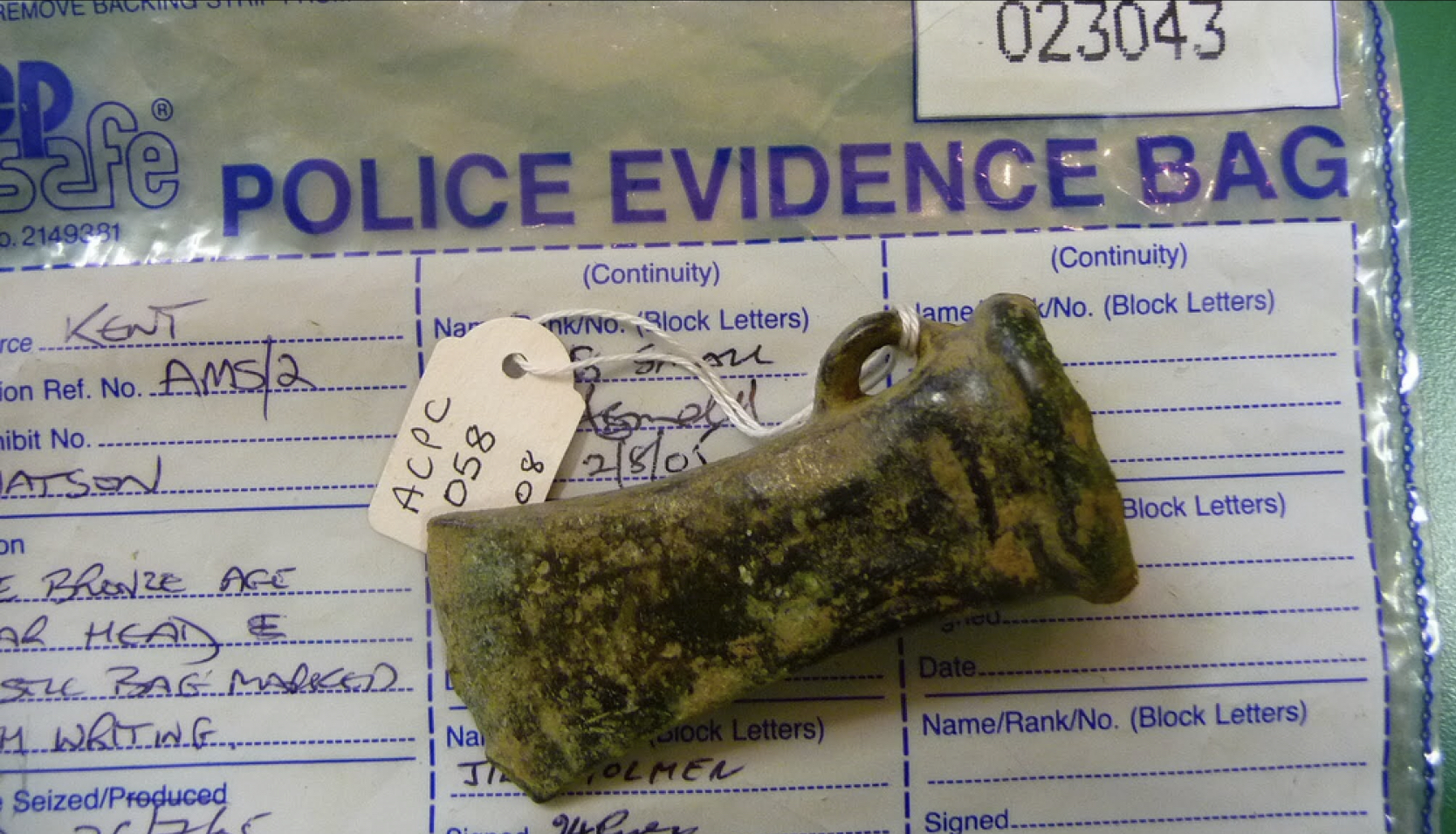The Centre for Heritage organised the conference ‘New Approaches to Heritage Ethics: Interdisciplinary conversations on heritage, crime, conflicts and rights’, held at the University of Kent, on 23 and 24 June 2014.
Heritage and ethics are too often considered through the lens of a single, specific theme. For instance, analyses commonly focus on separate topics like crime and heritage (e.g. unlawful excavations, vandalism and the removal or theft of cultural property), conflict and heritage (e.g. war, civil unrest, iconoclasm as well as disputes of competing visions of the past), and rights and heritage (e.g. access to cultural and socio-economic rights through heritage initiatives, in particular for disfranchised groups).
Integrating and expanding upon this prior scholarship, the aim of this conference was to consider these three topics of crime, conflict and rights in relation to heritage in an interrelated and holistic manner. Such a comprehensive framework resulted in novel approaches to understanding and conceptualizing each of these issues, as well as laying the groundwork for new practical approaches to protecting various rights while mitigating heritage crime and conflicts. This conference also aimed to enable academics, heritage, museum and law enforcement professionals, students and community leaders to engage in an innovative and productive conversation with one another. In working across the traditional boundaries that separate the great diversity of academic and professional disciplines whose work all touches upon this burgeoning field – including archaeology, anthropology, sociology, criminology, history, economics, human rights, law, and heritage conservation and management – this conference opened up new and important lines of cooperation and inquiry.
Full details are available on the conference blog.
